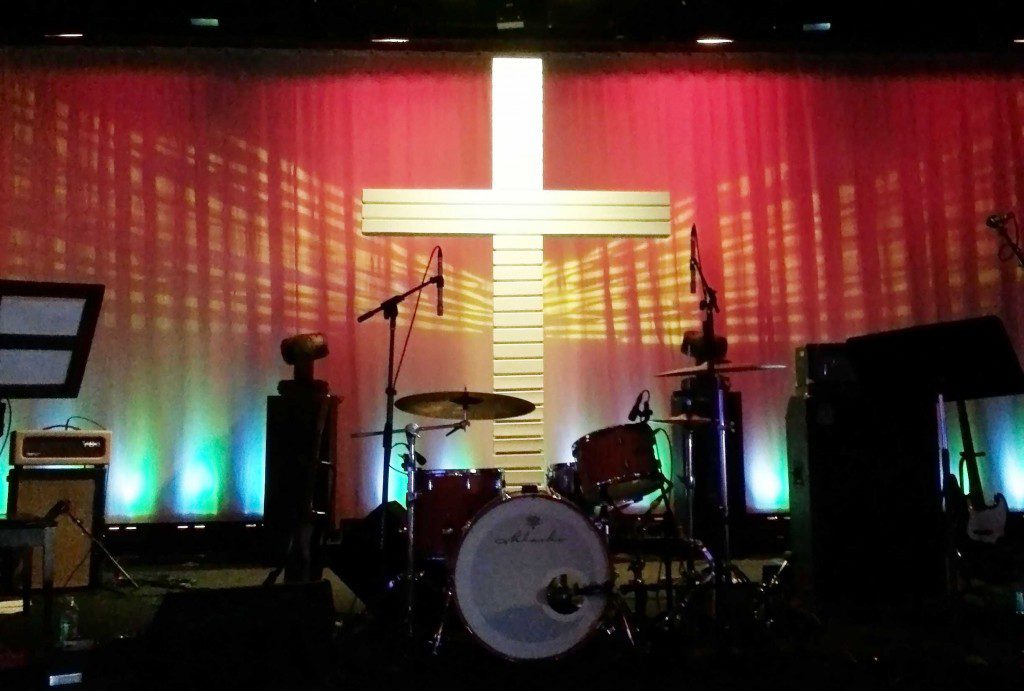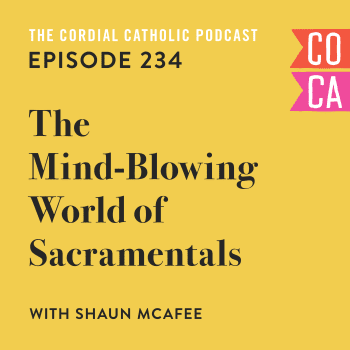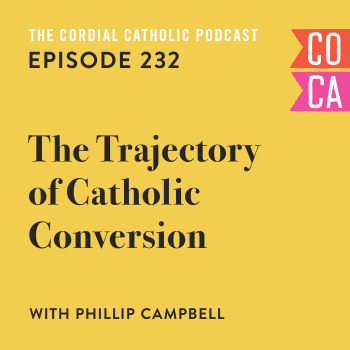
A friend of mine is planting a church in Montreal, Canada. He doesn’t know I’m writing this; he doesn’t know how I feel about church planting.
He was raised a Catholic and left; I converted.
He might have some idea.
As a young Evangelical, planting a church was the ultimate badge of courage, honour, and faith. Buoyed by that insatiable North American do-it-yourself spirit we saw church planters as the ultimate urban missionaries.
As a concerned Catholic, I see them much differently now.
Now, as a Catholic, hearing of a new “church plant” here or there never fails to give me pains in my stomach. Now, as a Catholic, I worry about unity in the Body of Christ and denominational divides more than I ever did as a Protestant. As a happy-go-lucky Protestant these kinds of concerns were barely on my radar.
These days, much more.
Recently, I made the amateur mistake of making a comment on Facebook about the Anglican Church of Canada. The church was meeting to, among other things, vote on their marriage canon. There were those within the church that wanted to see it changed, much like their American counterparts, and opened up to same-sex couples. On Facebook I wondered out loud which was more important to the bishops, clergy, and laity voting at the synod: gender equality or denominational unity.
I reaped the firestorm of comments I likely deserved.
Those kinds of conjectures rarely end well on Facebook.
But Protestants—excluding most Anglican and Lutheran insiders—have a very different understanding of authority and hierarchy and, having sat on both sides of the gymnasium, I can understand both perspectives.
To me, that kind of a question, about authority and gender parity, is a complicated one to consider.
In the Catholic world, authority comes from the bishop. This line of bishops can be historically traced back to the apostles appointed by Christ. The apostles who, themselves, appointed successors and on and on and on.
The historical lineage of the bishops and popes is shockingly complete.
As an Evangelical the ideas of lineage or apostolic succession were as foreign to me as terms like cantor or vestment. In the Evangelical world a pastor or layperson felt a calling from God and went out to fulfill it.
And sometimes that meant planting a church.
But here’s the thing about the Body of Christ.
The Nicene Creed, the benchmark for orthodox Christian doctrine in the Early Church, what the earliest Christians lived and died for, identifies the Church with the words one, holy, and apostolic.
Jesus, in his High Priestly Prayer, prays that Christians will be one as He is one with the Father.
Unity—visible unity—is the golden standard for Christianity; how poorly we fail to meet this goal.
And here’s how I see church planting these days: As a further fracturing of our already disappointing disunity.
But let’s not just shake our heads at our fulsome abandonment of Christian Unity.
Let’s do something about it.
Instead of discerning a need in a particular community or for a particular style of worship and striking out on our own let’s work, instead, with the Body of Christ which already exists there.
Instead of deciding to plant Church Go! next door to the First Emmanuel Baptist Church let’s find commonalities and work together.
Instead of starting a soup kitchen—an admirably Christian goal—right down the street from St. Mary and Martha’s why not find out what already exists there, and pitch in to build it up and augment their work.
Why is it important? Because Jesus said so.
Because alongside things like “feed my sheep” and “blessed are the poor” and his obvious penchant from dismantling social classes Jesus prayed, in one of his very few recorded prayers, for Christian unity.
And if it was a big deal for Jesus then it should be a big deal for us, too.
And, I understand, my Evangelical friends and foes (I likely have lots of the latter) have a different understanding of authority than I do. This may be shocking and weird and unexpected but I truly think it ought to be considered.
Are the urban missionaries we so lauded in my younger years doing as much of a service for the Body of Christ as they are doing the exact opposite?
Which is more important to Christ? Striking out and worshipping in a new way or demonstrating visible unity here on earth?
Stay in touch! Like The Cordial Catholic on Facebook:












